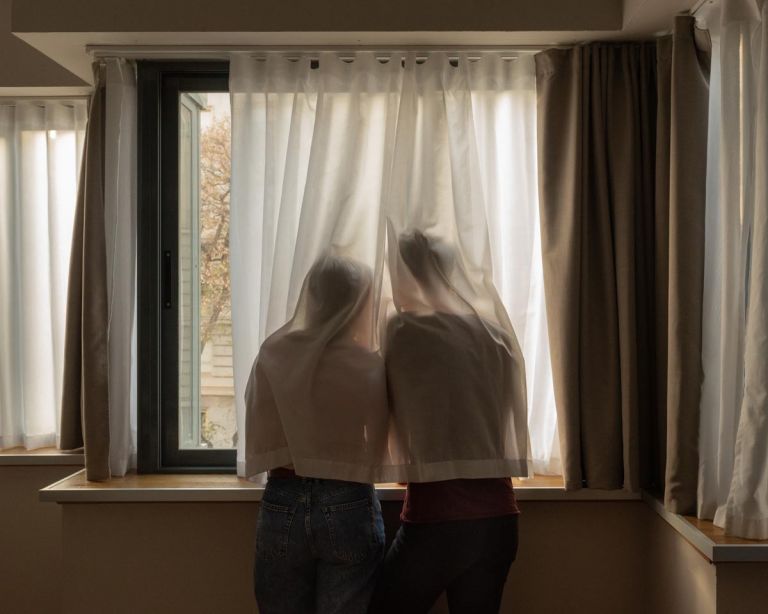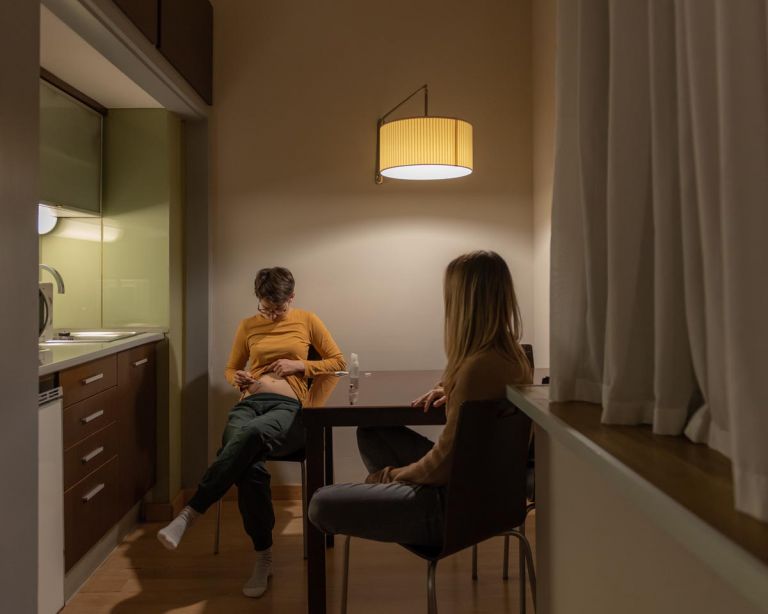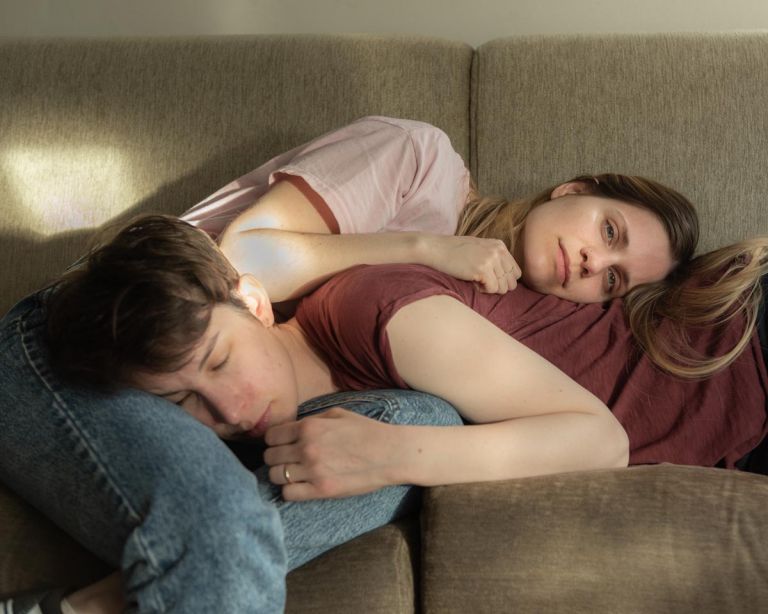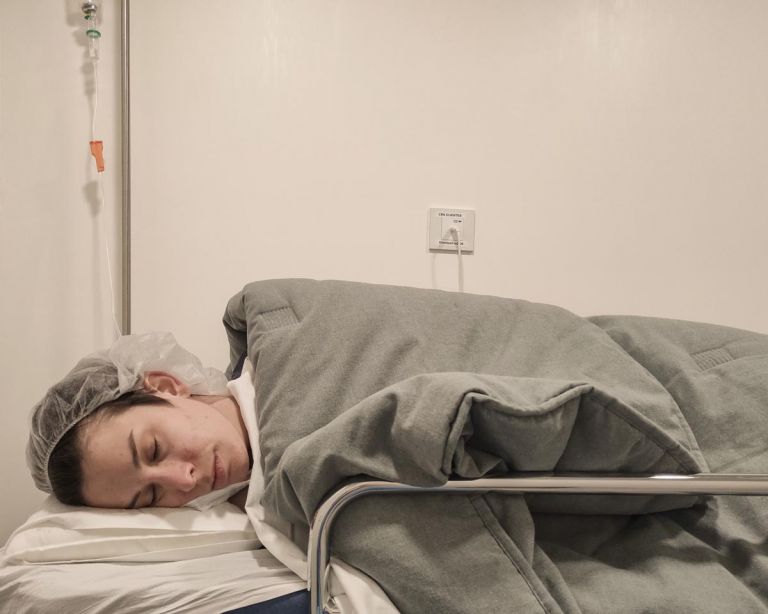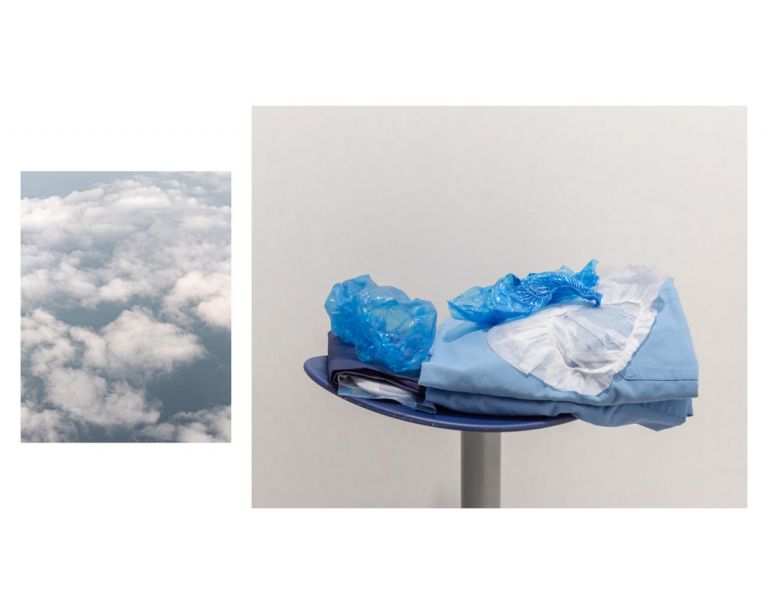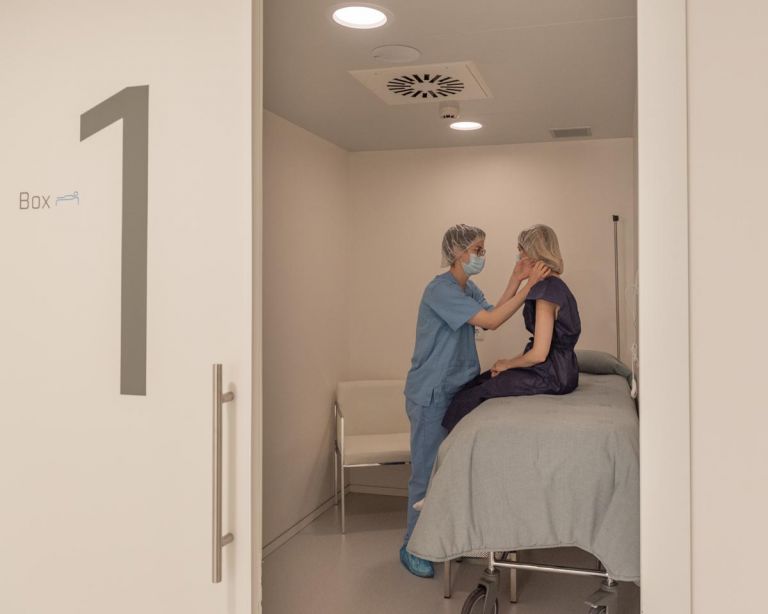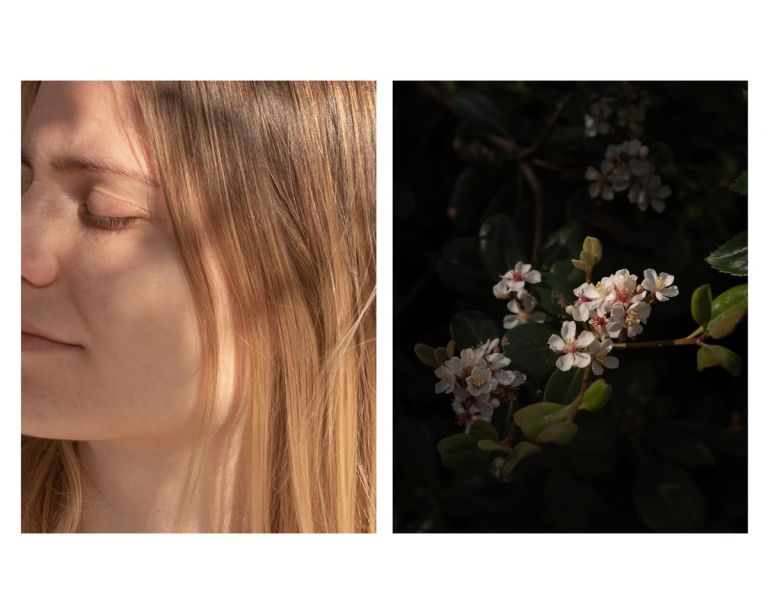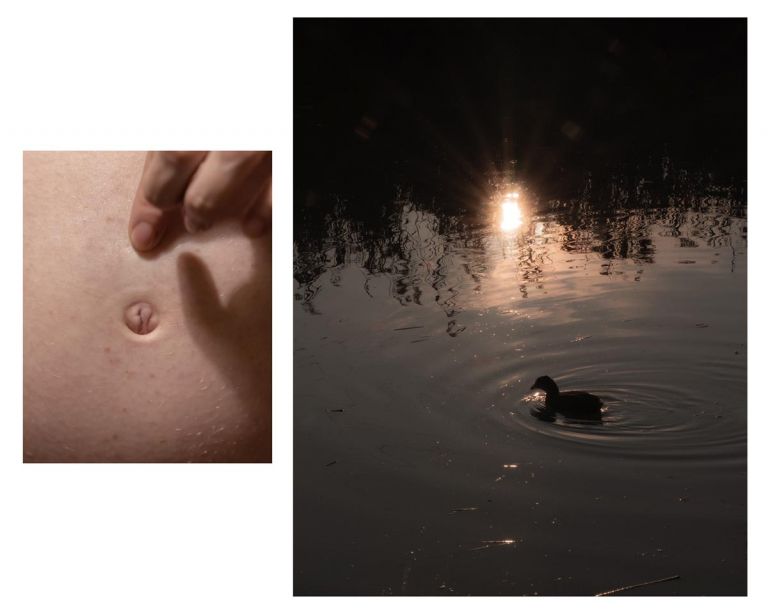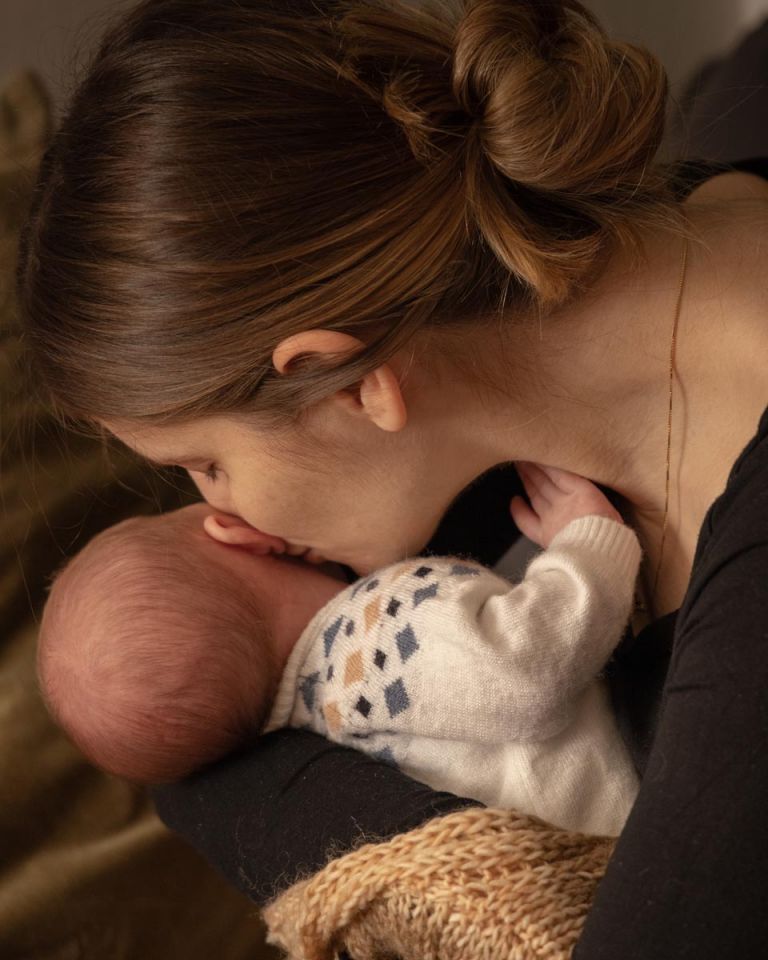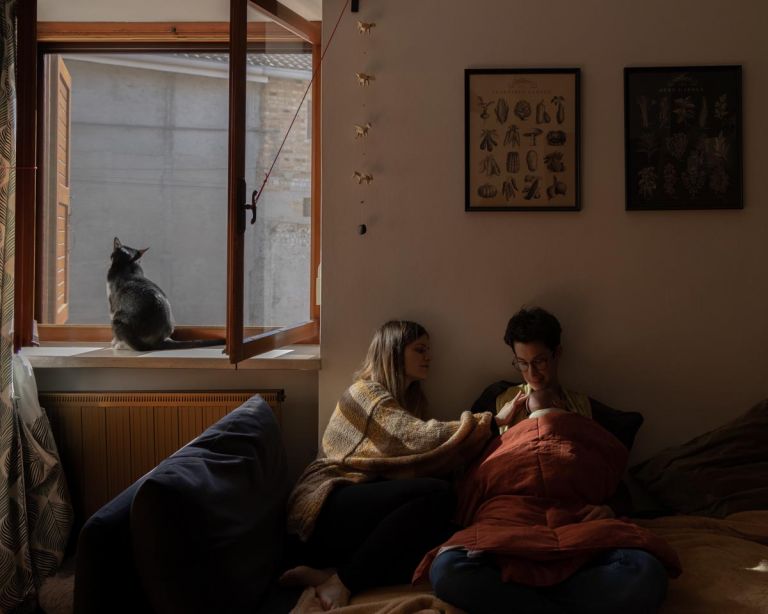“If it‘s a boy, he will be called Zeno”. The girls had no doubt about the name, even if he was still only an idea. It was early April 2022, Martina and Sara were walking on the streets of Barcelona, hand in hand, dreaming about their future baby, feeling free in a foreign city as they could not feel at home, in Italy. In a week, Sara would have the oocytes pick-up operation. She was still working, but had to take care to not overexert herself. She started the hormone therapy some days before, and that day, in Barcelona, they, for the first time, met the doctor would follow them during the path of medically assisted reproduction, also called MAR.
Martina and Sara were in love for a long time and, in 2017, they had the chance to enter a civil union. Their dreams had not ceased, and the desire to give their love to a child was very strong. Though they initially thought it not possible, they realised, after thorough research, that in some countries their biggest dream could become reality.
Indeed, in Italy MAR is not possible for lesbian couples or single women because, according to law no. 40/2004 (one of the most restrictive of Europe), assisted reproduction techniques can only be accessed by adult couples of different sexes, married or cohabiting, of potentially fertile age, both living.
This law has a side effect, a phenomenon called “reproductive tourism”: countries’ citizens in which MAR is forbidden (Italy is one of the main ones) go to foreign countries where they can legally access it. Popular destinations are Spain, Belgium and Denmark. These options take a long time and are expensive, so there are also people who access MAR through different means, often informal and less safe.
Martina and Sara decided to go to Barcelona and try the ROPA method (Reception of Oocytes from Partner), which entails that one of the women “donates” her oocytes to her partner who then hosts the pregnancy thanks to In vitro fertilisation. In this case, Sara is the oocytes donor and Martina will host the pregnancy.
This project aims to demonstrate the difficult path these two women had to take to become mothers in their homeland. A journey made possible by people who do not stop in front of an obsolete legislation, people who believe in the freedom of dreams and in the freedom of life.
